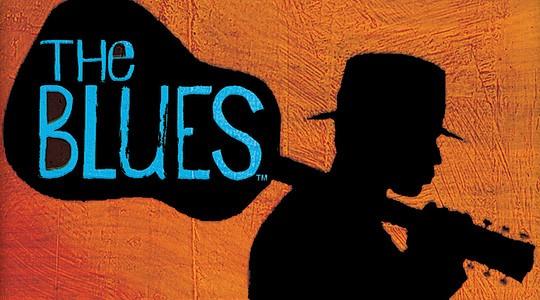The blues is a genre of music that has been a cornerstone of American culture for over a century. Born out of the African-American work songs, spirituals, and field hollers, the blues has evolved into a unique and expressive form of music that has captivated audiences worldwide. In this article, we will delve into the definition, history, characteristics, types, and iconic artists of the blues, as well as explore some of the most legendary blues songs.
Definition of Blues
The blues is a genre of music characterized by its soulful, expressive, and often melancholic sound. It is typically marked by a 12-bar structure, with a repeating pattern of three lines, and a focus on storytelling through lyrics. The blues is often associated with the African-American experience, and its origins are deeply rooted in the struggles and hardships faced by African-Americans during the late 19th and early 20th centuries.
History of Blues
The history of the blues dates back to the late 19th century, when African-American workers in the Deep South would sing songs while working on plantations, railroads, and other labor-intensive jobs. These early blues songs were often improvisational, with lyrics that reflected the hardships and struggles of everyday life. Over time, the blues evolved into a distinct genre, with legendary artists such as Robert Johnson, Bessie Smith, and Ma Rainey popularizing the sound.
Characteristics of Blues
The blues is characterized by several distinct features, including:
12-bar structure: A repeating pattern of three lines, with a specific chord progression and rhythm.
Storytelling lyrics: Blues songs often tell stories of love, loss, and hardship, with a focus on the emotional and personal.
Improvisation: Blues musicians often improvise, creating unique and spontaneous performances.
Soulful, expressive sound: The blues is known for its emotive and heartfelt sound, with a focus on conveying feeling and emotion.
Types of Blues
There are several sub-genres of blues, including:
Delta blues: Characterized by its raw, emotive sound and origins in the Mississippi Delta region.
Chicago blues: A more urban, electric sound, popularized by artists such as Muddy Waters and Howlin' Wolf.
Electric blues: A fusion of blues with rock and roll, characterized by its use of electric instruments and amplification.
Legendary Blues Artists
Some of the most iconic blues artists include:
Robert Johnson: A legendary guitarist and singer, known for his influential and innovative playing style.
B.B. King: A highly influential guitarist and singer, known for his smooth, soulful sound.
Eric Clapton: A British guitarist and singer, known for his blues-inspired sound and iconic songs such as "Layla" and "Wonderful Tonight".
Classic Blues Songs
Some of the most legendary blues songs include:
"Cross Road Blues" by Robert Johnson
"The Thrill is Gone" by B.B. King
"Pride and Joy" by Stevie Ray Vaughan
"Sweet Home Chicago" by Robert Johnson
In conclusion, the blues is a rich and expressive genre of music that has captivated audiences for over a century. From its origins in African-American work songs to its evolution into a global phenomenon, the blues continues to inspire and influence musicians and music lovers alike. Whether you're a fan of classic delta blues or modern electric blues, there's no denying the soulful sound and timeless appeal of this iconic genre.









